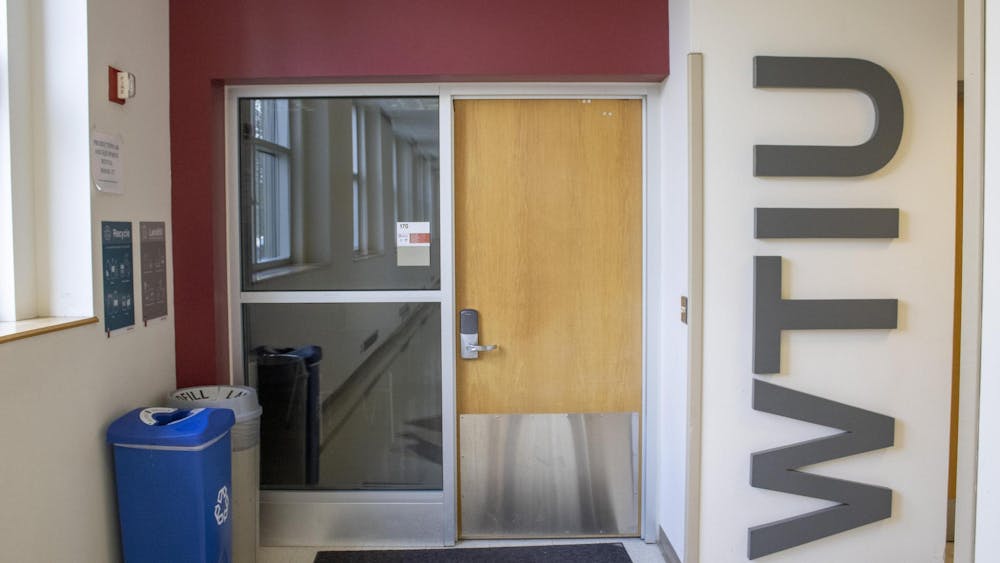Chief Justice of the Indiana Supreme Court Loretta H. Rush announced Feb. 26 the Indiana Court of Appeals would have an upcoming vacancy on the court according to a press release. This vacancy opened up due to the upcoming retirement of Judge James S. Kirsch.
Applicants from the second district, which is in central Indiana, were encouraged to apply, said Kathryn Dolan, chief public information officer for the Indiana Supreme Court.
Dolan said the applications, which are due April 9, will be reviewed by a commission made up of the Chief Justice, three lawyers and three nonlawyers before they interview the candidates. After interviews, Dolan said the commission would send the names of the three most qualified candidates to the governor.
Dolan said the commission uses a process known as “merit selection” with the intention of removing politics as much as possible. Candidates, Dolan said, are evaluated based on their legal education, where they went to law school, any academic awards or honors, legal writings, their reputation in the practice of law and public service.
“The process itself is designed to attract the most qualified candidates,” Dolan said.
Joel Schumm, a clinical professor of law at the Indiana University Robert H. McKinney School of Law, said the combination of lawyers and nonlawyers on the committee is one advantage of the system because the nonlawyers bring different perspectives and sets of concerns.
Schumm said one advantage to the committee screening and interview process is the absence of fundraising by applicants. If a judge is running for election Schumm said, money is typically being raised. But with the appointment and committee process, candidates don’t need to.
The Chief Judge on the Indiana Court of Appeals, Cale Bredford, said that the 15 judges on the court come from all over Indiana.
“By having judges from different parts of the state, that brings diversity in viewpoints and life's experiences to decision making,” Bredford said.
Any appeal from a trial court across Indiana can be heard by the Court of Appeals, which means cases can include a variety of legal issues from criminal to civil. Schumm said the court has the power to create legal precedent for every state trial court with a decision unless the State Supreme Court weighs in.
“Beyond that, when the Court of Appeals issues an opinion, a lot of times that creates precedent that's going to apply to trial courts across the state,” Schumm said.
Dolan said it’s important for the citizens to have trust and confidence in judges at the appellant level because the judges are the ones hearing or deciding on appeals from the lower courts.
“And for the citizens, the individuals, who that's their case, obviously that's the most important thing in their life,” Dolan said. “So we want to make sure that the process — and ultimately the decision making for the judges who are on the bench, —that it provides great public trust and confidence in the judiciary.”
CORRECTION: A previous version of this story incorrectly identified the IU school professor Joel Schumm works at.






